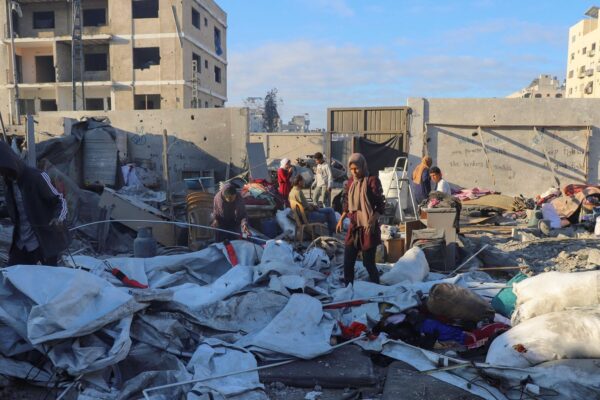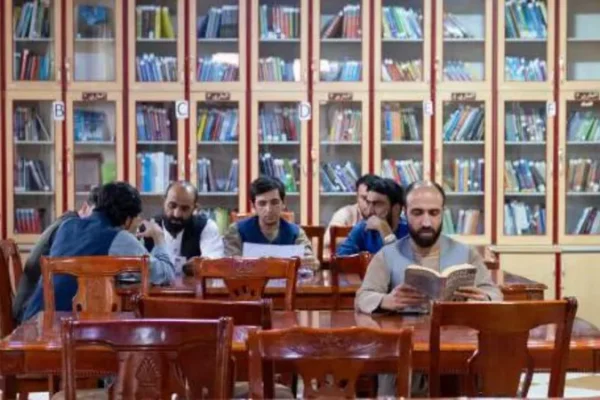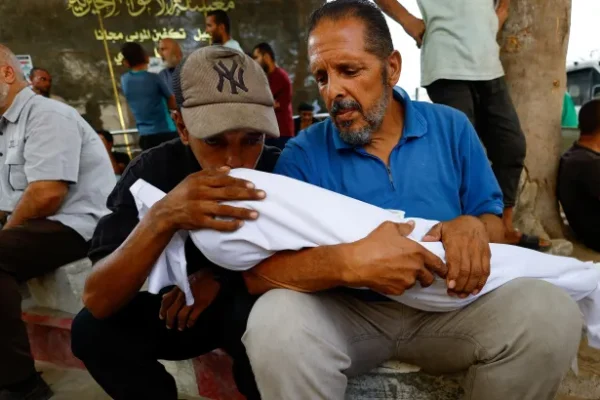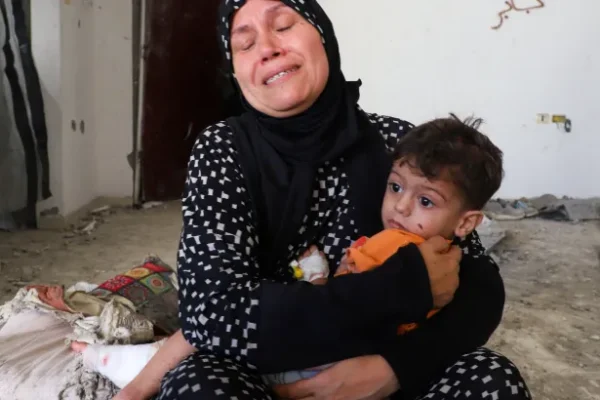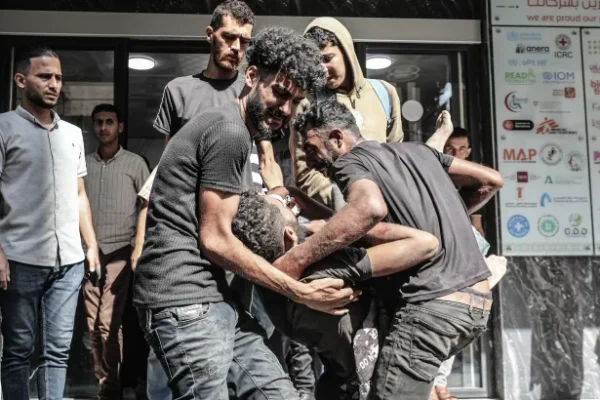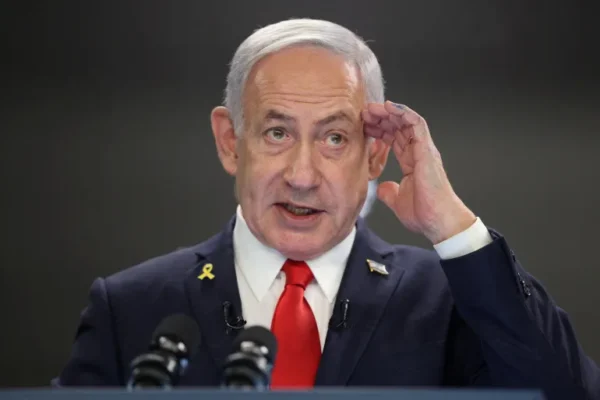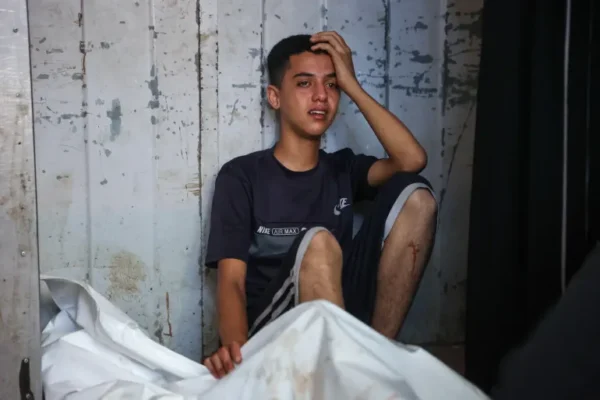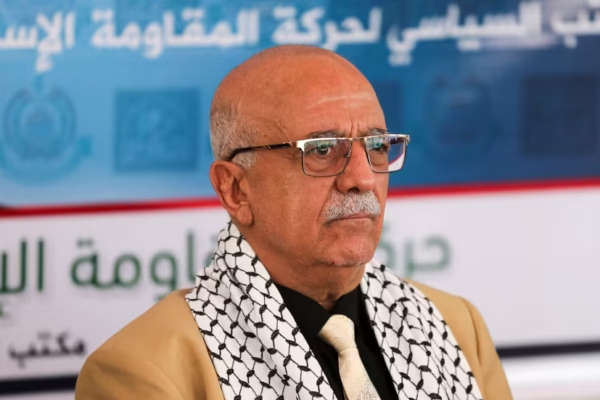WASHINGTON / TEL AVIV – September 2, 2025 — As the war in Gaza grinds on and global outrage mounts over the rising civilian death toll, questions are being raised about what might happen if the United States — long Israel’s most powerful ally — ended its support overnight. Recent polling suggests a shift in public opinion within the US, with half of American voters believing Israel is committing genocide, and six in 10 opposing further military aid. Yet, under President Donald Trump, Washington’s support has remained not only firm but increasingly aggressive. In February, members of Trump’s administration even floated the idea of “ethnic cleansing” Gaza — drawing fierce international condemnation. The US plays a crucial role in Israel’s war machine — supplying weapons, diplomatic cover at the UN, and unwavering political backing. It has vetoed ceasefire resolutions, defended Israel at the International Court of Justice, and sanctioned ICC judges who issued arrest warrants for Israeli leaders. But what if that support ended tomorrow? We asked four experts — including former Israeli government adviser Daniel Levy, political scientist Ori Goldberg, defense analyst Hamze Attar, and international relations expert HA Hellyer — what that might look like. Without US protection, the fragile international support Israel still retains — even from close allies like Germany — would collapse quickly, says Ori Goldberg. “Many Western countries are already uneasy. Without the US, most would feel emboldened to move against Israel — potentially through sanctions, arms embargoes, or even invoking Chapter 7 of the UN Charter to authorize intervention.” Despite Israeli claims that it faces existential threats, HA Hellyer argues that “the idea Israel would immediately be attacked by Syria or other neighbors is a myth.” “There’s no appetite in the region for another war. What the US withdrawal would actually do is remove Israel’s impunity, creating new pressure to reach a settlement with the Palestinians.” Israel receives billions annually in US military aid, and its defense industry is deeply tied to American R&D. “The economic fallout wouldn’t be immediate,” says Goldberg, “but over time you’d see massive layoffs in Israel’s tech sector and a crippling impact on military production.” Hamze Attar notes Israel would also lose access to US-subsidized arms, satellite coverage, and systems like Iron Dome, leaving it far more exposed. “Even if it sought new suppliers in Europe, weapons would come with a price tag — and Israel can’t afford to replace US support overnight.” Despite international isolation, Israel’s right-wing leadership may remain defiant, analysts suggest. “Netanyahu would spin the loss of US support as proof of Israel’s need for independence,” says Goldberg. “And the settler movement would push ahead with its agenda, regardless of the fallout.” However, Daniel Levy emphasizes that US support gives Israel political immunity, particularly regarding human rights abuses. “Without Washington’s cover, Israel would become a pariah state, much like apartheid South Africa. Eventually, the system would be forced to bend — not out of goodwill, but necessity.” An abrupt end to US backing could force an immediate halt to the war, experts say. “The army and central bank would quickly realize they don’t have the resources to sustain the war without American backing,” Levy explains. Attar agrees: “Every bullet fired would feel more costly. A holding pattern would likely follow, with Israel buying time as it adjusts to a new geopolitical reality.” While unlikely in the near term, a sudden halt to US military and diplomatic aid would transform Israel’s political calculus, reignite global accountability, and potentially accelerate moves toward a negotiated solution. As public opinion in the US continues to shift, the question of support may no longer be hypothetical — but a real political pressure point in future elections.
